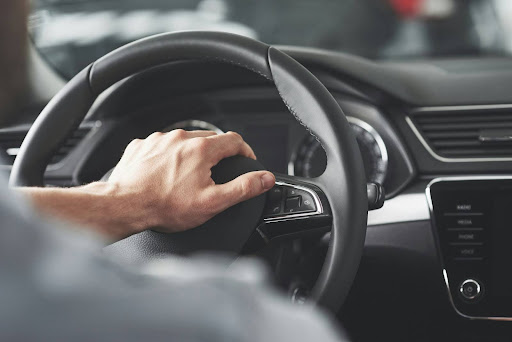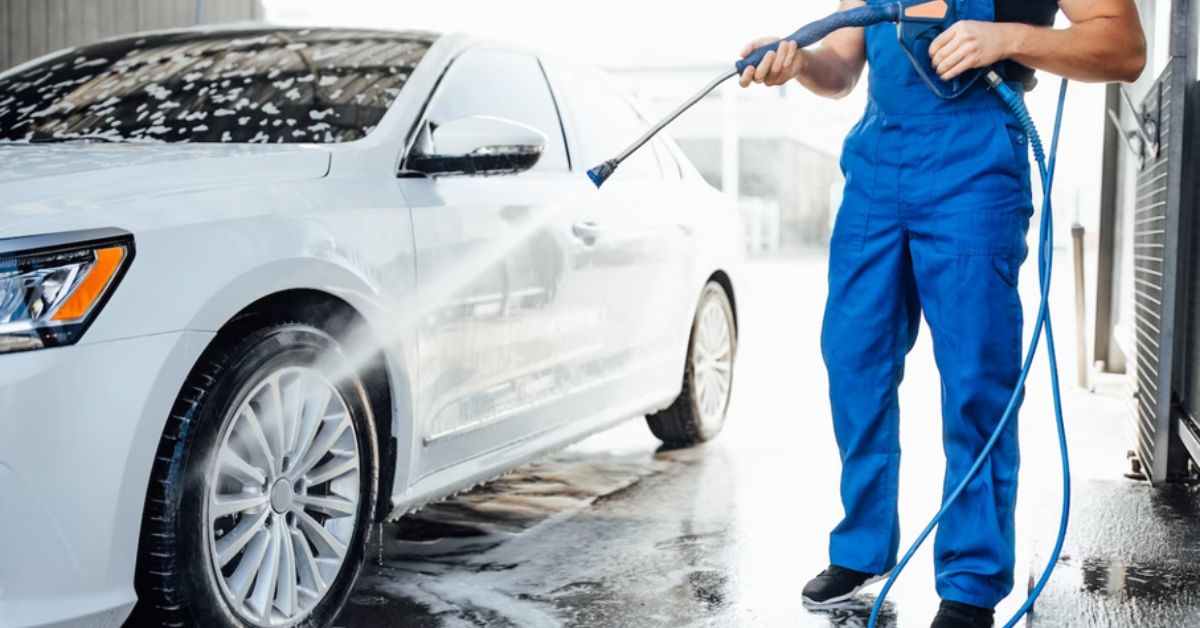A purchase of a secondhand car is always a smart move. Not only can you get a great combination of high quality and fair price, but also lower insurance costs and contribute to sustainability. However, to make it an actual smart move, there are a couple of things to consider. No matter if you’re purchasing from a dealership or a private buyer, pay attention to these five important aspects:
Vehicle History Report and VIN
Get to know the past of your future car: its accident history, previous ownership, and whether it has a clean title. You can request it with a free VIN owner lookup to receive the core information about the car. For a more detailed report, it is more likely you will pay. In case you purchase a vehicle through a dealership, they might provide it for free.
Mechanical Condition
Check the engine, transmission, brakes, and suspension for any weird noises, leaks, or signs of wear and tear. If you are not mechanically inclined, it is a beneficial idea to have an experienced mechanic do an extended check. While some issues may be minor and fixable, major mechanical problems can result in steep repair costs. This small investment can prevent much bigger costs down the line. Additionally, you can check out vehicle safety ratings.
Odometer Reading
Some sellers may attempt odometer fraud to make a car seem less used than it really is. Compare the mileage with the car’s condition and the service records to see if they are aligned. A well-maintained vehicle with higher miles can sometimes be a better deal than one with lower miles but poor upkeep.
Exterior and Interior
The car’s overall look can reveal a lot about its maintenance. Outside, check for dents, scratches, or rust. Inside, pay attention to the seats, dashboard, and carpets. Unpleasant odors, stains, or heavy wear could indicate bigger problems like water damage or neglect. If you suspect the car’s body or other components have been touched up, examine the rubber seals around the hood and trunk for any paint.
Test Drive
Don’t overlook the test drive! This is the most important part of your assessment of a used car. During your drive, focus on the car’s handling, acceleration, and braking performance. Listen for strange noises, and check that all electronics, such as the air conditioning and windows, are functioning correctly. This is your opportunity to get a true sense of the car’s condition and catch any issues. If something seems off, take the time to investigate further or think twice about proceeding with the purchase.
Final Thoughts
Your car isn’t just a purchase but the safety on the road. So if you’re buying a used vehicle, don’t hesitate to conduct a thorough check. Most importantly, check the vehicle inside and out. Go for a test drive and feel the car. Remember that doing your homework now will help you avoid headaches later and give you confidence in your choice.












